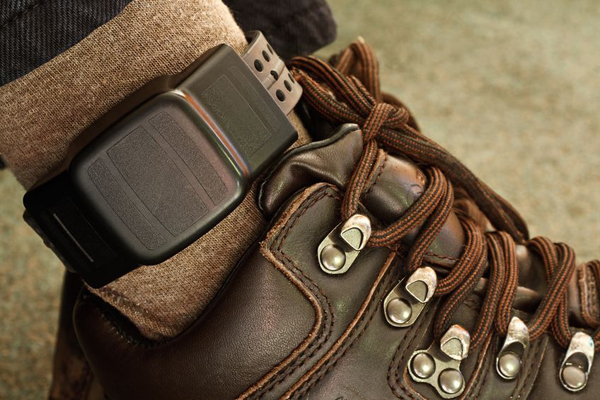Probation Violations
At the same time, there are many ways to violate probation or parole, some of which may be out of the accused’s control. Common probation or parole violations include:
- Changing of residence without authorization from or notification of a probation officer.
- Leaving the state without permission from a probation officer.
- Failure to maintain employment.
- Failure to remain in school.
- Failing a drug or alcohol test.
- Failure to complete a court-ordered program or activity.
- Missing an appointment with a probation officer.
- Missing a court appearance.
- Failure to pay fines.
- Being accused of another crime
- Associating with a known criminal.
No matter the reason for the violation, the penalties can be severe and life changing, including the revocation of the privilege and a return to prison.
If a parolee is suspected of a violation, they will receive a notice of a violation hearing or a revocation hearing. The purpose of this hearing is for a judge to determine whether the violation occurred as charged.
An experienced attorney may be able to mitigate the damage and allow their client to continue probation or parole with no change to the original conditions or with modified conditions, such as additional restrictions on his or her freedom or additional community service.
If the violation is serous enough, the defendant’s probation officer may request an arrest warrant. If the probation is revoked in this manner, the defendant can be sentenced to prison on the original charge.
Because of the complexities of the system, it is vital that you have an experienced attorney to help you navigate the system and avoid future penalties.



